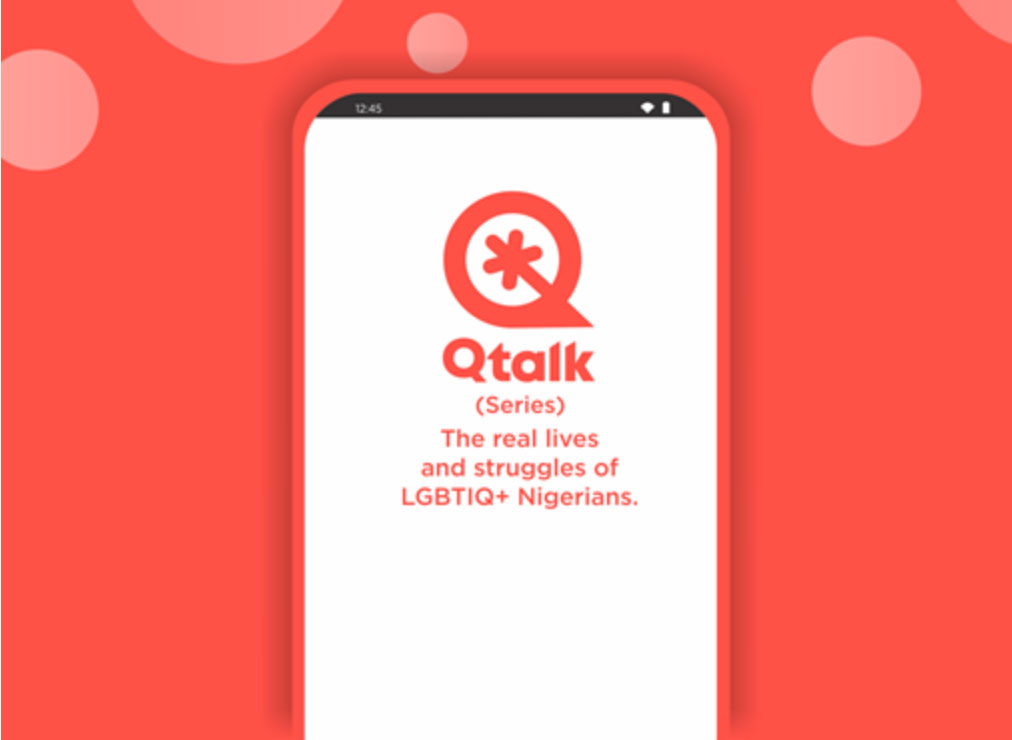LGBTQ+ Nigerians benefit from the support provided by volunteer counselors via the Qtalk app, which is supported by this site and by the St. Paul’s Foundation for International Reconciliation.

Mubarak (pseudonym), a 22-year-old Muslim Nigerian bisexual man, has been distressed and confused after his partner Issa (pseudonym) died. Issa’s family accused Mubarak of somehow murdering their son, who died after returning home from Mubarak’s place.
Police have not been involved so far, and Mubarak turned to Qtalk in hopes of relieving his troubled mind.
In his support request, he wrote:
“Please, I need help. My partner’s family has accused me of killing my boyfriend, and it’s affecting my mental health and sense of self-worth. I feel so alone and stigmatized in a society where same-sex relationships are not widely accepted. This accusation has shattered me, and I don’t know how to cope with it.”
The counselor paid close attention, with empathy, working to understand the complex web of cultural, social, and legal factors contributing to Mubarak’s predicament. As the counselor drew out Mubarak’s personal experiences and cultural background, the counselor helped him explore the intricate nuances of Nigeria’s complicated legal system and the cultural norms that could underlie the family’s behavior.
Together, the counselor and Mubarak engaged in an in-depth exploration of his thoughts, feelings, and behaviors, examining how the accusation is affecting his overall well-being. The counselor helped Mubarak develop a range of coping strategies, including identifying sources of support from friends, family, and community organizations. The counselor also provided Mubarak with tools and resources to help him build resilience and self-compassion, recognizing that his self-esteem has been significantly impacted by the accusations.
As the session progresses, the counselor and Mubarak delved into the legal implications of the accusation and the potential consequences for his future. They discussed the possibility of Mubarak seeking legal representation and support from LGBT advocacy organizations, as well as ways to mitigate the psychological impact of this traumatic event.
The counselor also used various therapeutic techniques, such as cognitive-behavioral and narrative therapy, to help Mubarak process his emotions and reframe negative self-talk.
The session ended with Mubarak feeling heard, understood, and empowered to take charge of his life, with a renewed sense of purpose and a clear plan of action for the future. The counselor also emphasized the importance of continuing therapy, as well as seeking professional help if he experiences any symptoms of depression or post-traumatic stress disorder (PTSD).
COMMENTS